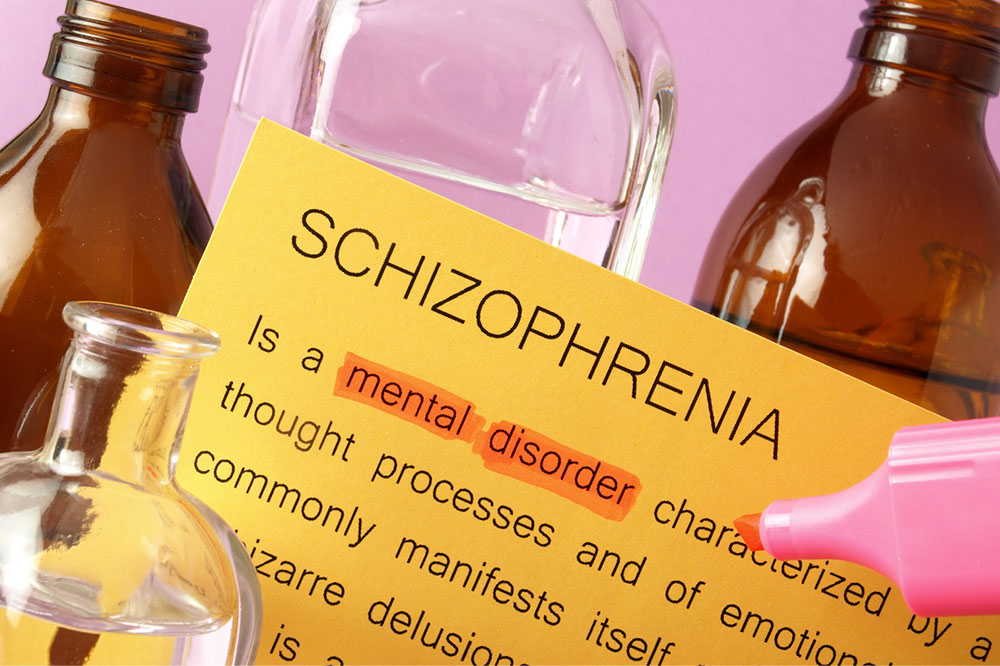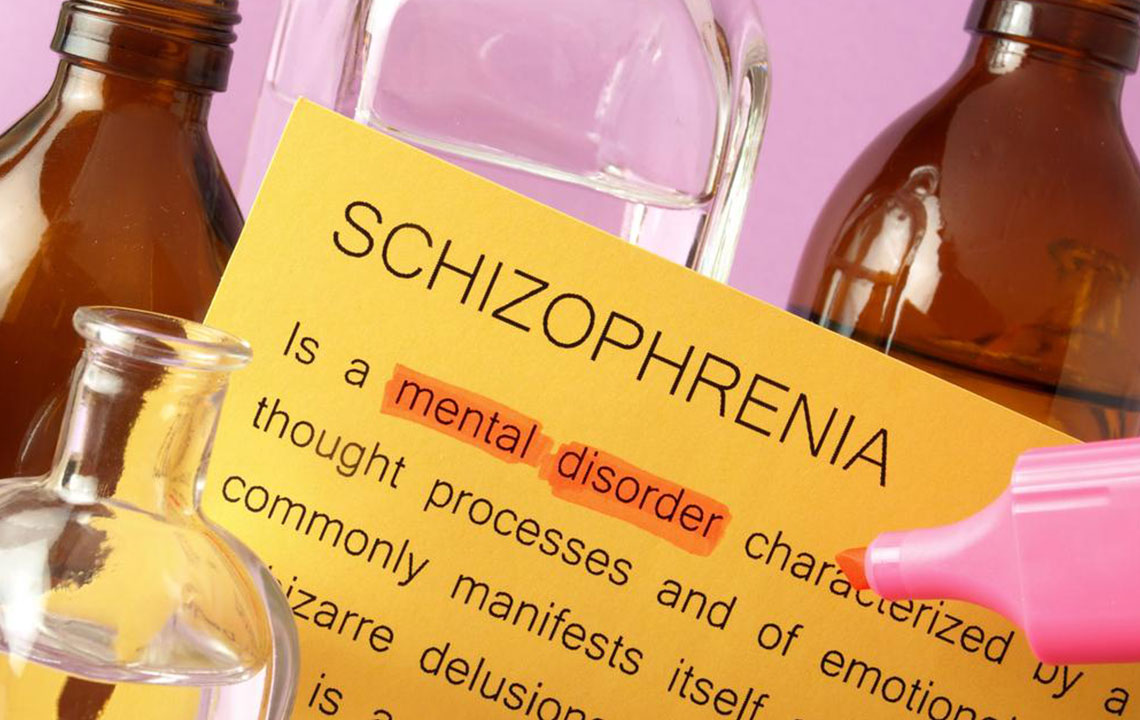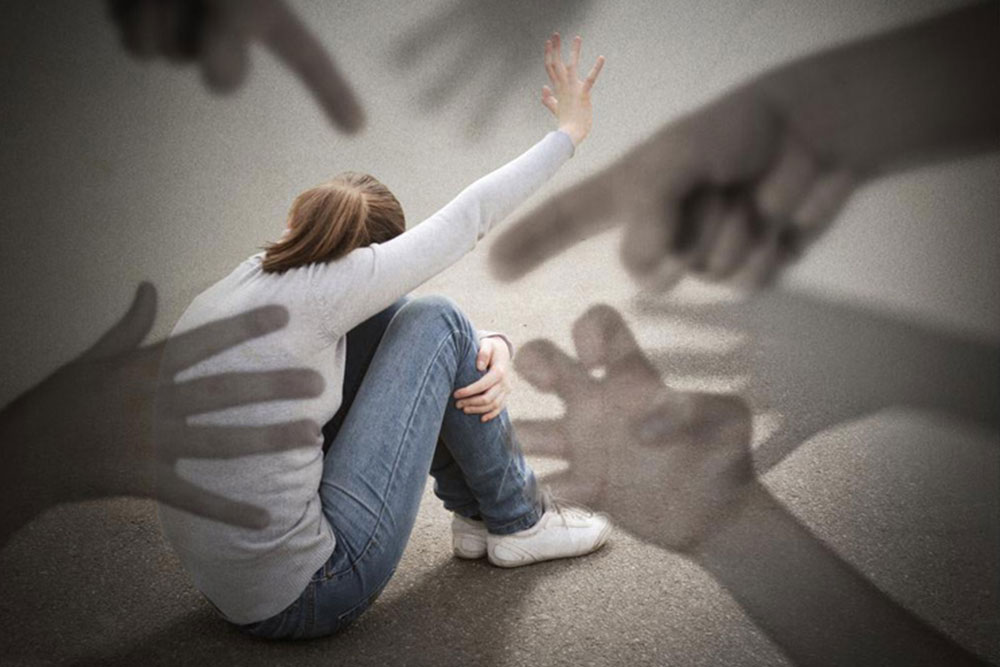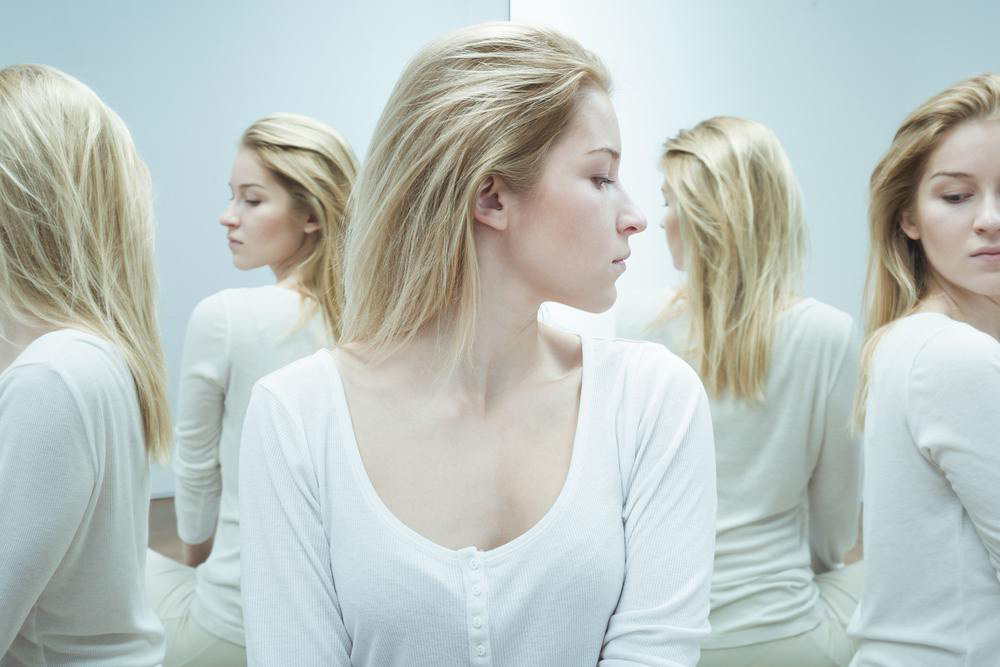Hallucinations – Types and Causes
Hallucination is a psychological problem where a person sees objects, hears sounds, or has other sensory experiences that do not exist. The condition affects many people in our country, both adults and children. Thankfully, it can be managed to a great extent with the right treatment and therapies. The first step to controlling the problem is to visit an expert on experiencing the signs. Keep reading to learn about hallucinations, their symptoms, and their causes.
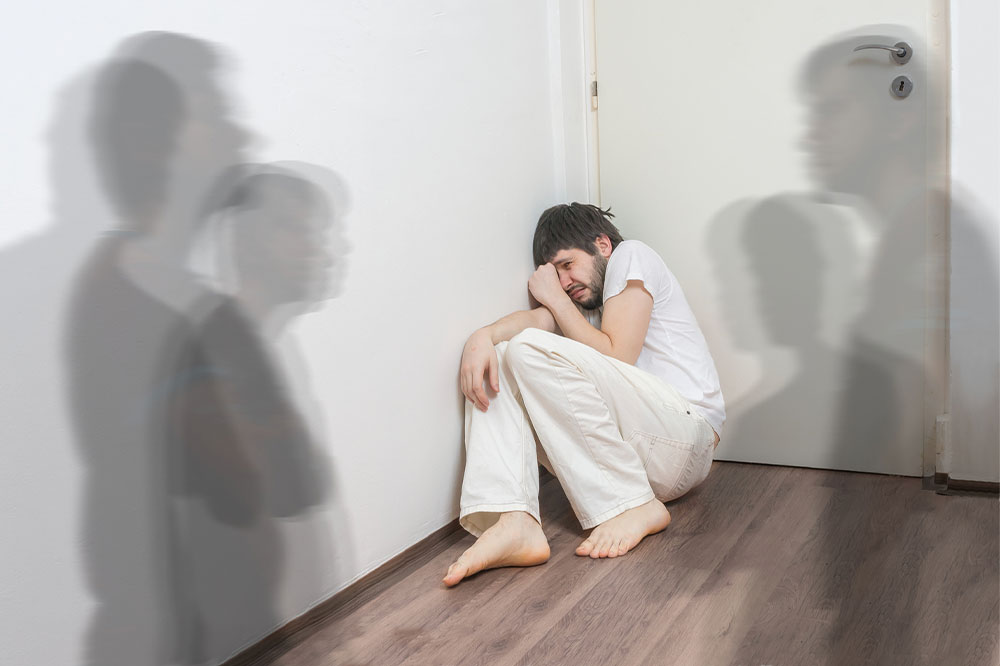
What are hallucinations?
The term hallucination is derived from the Latin word “hallucinatus,” which means to “dream” or “wander in the mind.” Hallucinations are the perception of an event or object that does not exist in real life. Simply put, they are sensory experiences that might seem real but are created by a person’s mind. Hallucinations can impact any of the five senses. For instance, one may hear a noise or voice that no other person in the room can hear or view an object that no one can see.
What are the types of hallucinations?
There are five major types of hallucinations, and the symptoms vary for each type:
Visual hallucinations
It involves seeing objects, shapes, colors, and even people that are not real.
Auditory hallucinations
The affected person hears a voice instructing or talking to them about something specific. It usually occurs when there is nobody around.
Olfactory hallucinations
The individual might smell something odd even though there is no physical source.
Tactile hallucinations
The person experiences sensations like insects moving under their skin or someone tickling them or blowing hot air on their face.
Gustatory hallucinations
It is the rarest type where a person might eat something and complain of an unusual taste even when everyone else finds no problem with the food.
What causes hallucinations?
Hallucinations might result from various factors, and the type can differ from person to person. Below, we have listed some common causes of hallucinations one should know about:
Sleep deprivation
Sleep deprivation or a lack of quality sleep is the primary cause of hallucinations in many people. Getting adequate rest is crucial for mental and physical health. Sleep disorders like sleep apnea and narcolepsy might cause hallucinations, making people see things that do not exist in real life.
Dehydration
Drinking sufficient water is critical to keep the mind and body healthy. Those living in warm environments or engaging in physical activity might need more water. When the body does not receive enough water, it can lead to various health problems. Sometimes, dehydration lowers the oxygen supply to the brain cells, impacting the organ’s function and resulting in hallucinations.
Tumors
Patients suffering from tumors in the optic nerve may experience visual hallucinations. On the other hand, people with brain tumors may struggle with vivid hallucinations that have a longer effect. Hence, individuals should visit an expert when they suspect a tumor and use the proper treatment to prevent complications.
Emotional distress or grief
A person may have hallucinations due to emotional distress and grief. For example, one might claim they have seen a deceased family member or friend and even spoken to them. It happens because the brain is under constant stress due to the sudden loss, making it process information in an unorganized way.
Which health conditions can cause hallucinations?
Besides naturally occurring factors, hallucinations can be a symptom of a health disorder. The common ailments that cause hallucinations are:
Schizophrenia
It is a chronic mental disorder where a person finds it challenging to differentiate imagination from reality. Those with schizophrenia are commonly known to have visual hallucinations.
Delirium
Delirium is a psychological ailment that causes sudden and severe mental disturbances and confusion. It makes a person feel lost and discredited. Besides hallucinations, patients may experience trouble speaking, an inability to understand, restlessness, and certain behavioral changes.
Dementia
Dementia is a common mental issue that occurs with age and leads to memory loss. In severe cases, one finds it hard to remember their own name, forgets recent conversations, and misplaces items frequently.
Parkinson’s disease
It is a neurological disorder that causes visual and auditory hallucinations that affect ongoing therapy and treatment.
Interestingly, some common treatments prescribed for mental illnesses like Parkinson’s disease and dementia might cause hallucinations as an adverse effect. If that happens, patients should visit a doctor and let them know about the problem. One should never increase their treatment doses or mix treatments as it can lead to complications, including hallucinations.
Those who experience hallucinations persistently may suffer from psychological stress and physical disorders. Therefore, the problem should be tackled before it progresses. An early diagnosis and treatment can help patients manage the symptoms and lead a meaningful and healthy life in the long run. Understanding what causes hallucinations and learning about the symptoms is the first step toward dealing with the issue.
